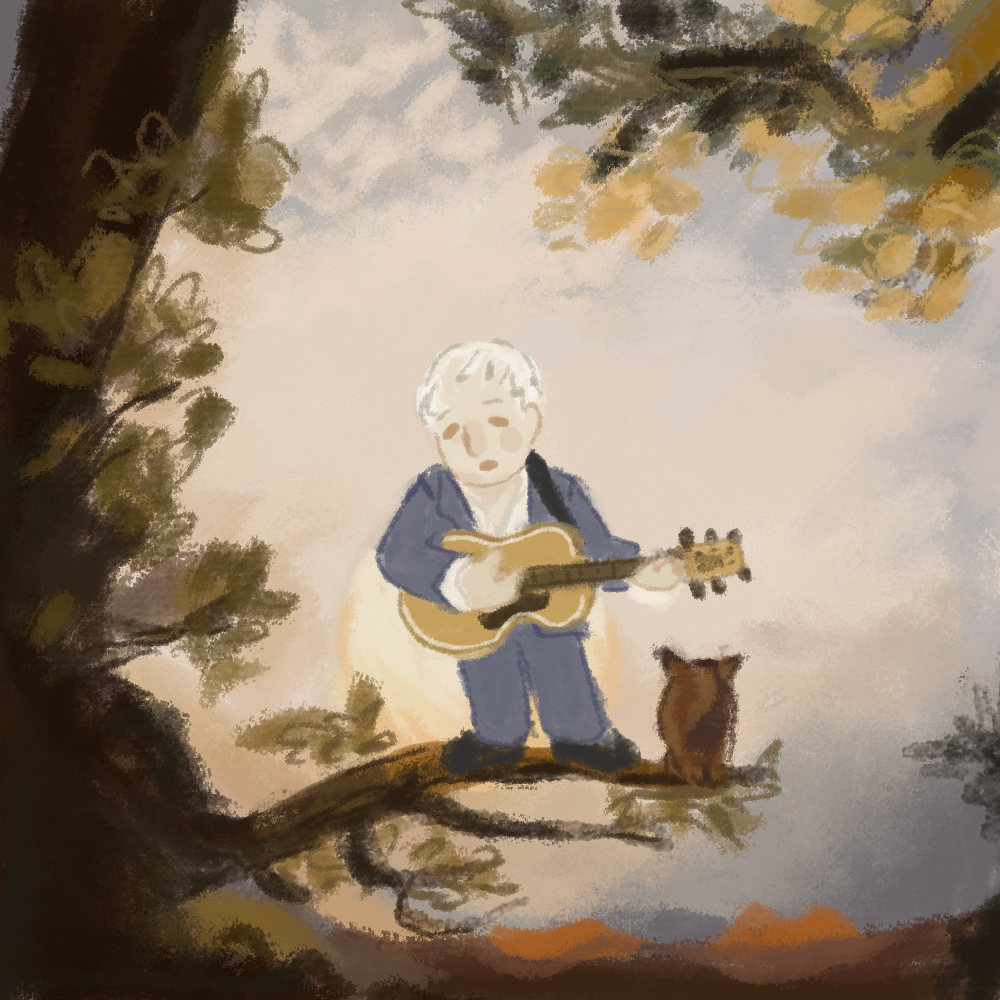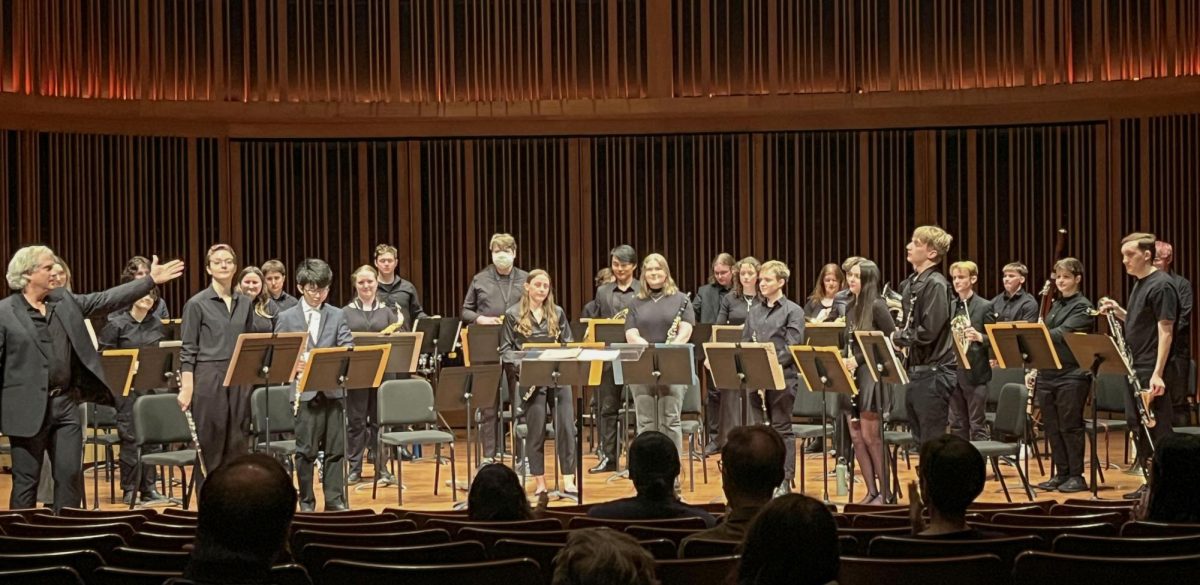Kanta Kochhar-Lindgren joined Macalester last fall, but her work is already making a major impact. As an associate professor in the Theater and Dance Department, Kochhar-Lindgren currently teaches “Disability/Deaf Performance.” She spent her first semester with Mac in Hong Kong, working on several performance projects including experimental performance with a disability and deaf performance lab. Her expertise varies, from dance and choreography to scholarly writing.
“[A] major part of my own practice, space, work has been focused on Hong Kong and India,” she said. “My husband and I were both in Hong Kong last fall, and I was invited to Pakistan to do a project there.”
In Hong Kong, she worked in both campus and community settings, and was deeply involved in the production of “We Carry the Water.” The performance was done in mixed media format. “I choreographed when I needed it, and did theater when I needed it,” she said. “For example, the opening piece of the fall project in Hong Kong was a musical theater piece. It was about water issues, connecting them to the local culture.”
Since returning from Hong Kong, Kochhar-Lindgren has been busy adopting the science-fiction novel Fahrenheit 451 to the stage. The show closed on April 11 to rave responses.
The book that inspired the theater piece was published in 1963: its title signifies the auto-ignition point of a paper, implying the practice of book burning. It is an allegory for censorship, influenced by the early 50s when the government censored artists. The novel fit perfectly into the Theater and Dance department’s theme this year — censorship. Kochhar-Lindgren explained that Ray Bradbury, the author of the novel, was deeply concerned about the idea of censorship. She said she has “known the novel for a long time,” and she tried to materialize the “sensibility folded into the novel.”
However, the performance is by no means an exact replica of the novel. Even though the performance borrowed the theme and part of the plot from the book, there are many differences between the two formats.
“[The performance] is not a straightforward retelling of the story,” Kochhar-Lindgren said. “We’re using a movement baseline to anchor the story. It’s anchored in images. There is a lot of cutting down and distilling, based on what we think is the most important.” The performance also incorporates the use of movement structures to repeat pieces of sections.
“You know, everyone will be able to follow the story,” she said. “We’re all working to update the narrative. Not just historical retelling, but hopefully it would resonate in terms of contemporary setting.”
As the director of the performance, Kochhar-Lindgren facilitated the choreography, and worked with various fields and departments. She worked with sound designer Erin Gabriel, and the students from the MCST department for interactive filmwork. “I discussed with some of the people and decided to leave the title so that it would be clear that we borrowed many elements from the novel,” she said.
Fahrenheit 451 defies genre. It is not just a dance, or just a play. Rather, multiple elements are simultaneously at work. “For example, you might see a scene picking up the real scene to a screen,” Kochhar-Lindgren explained.
Macalester’s production was highly interactive. While Kochhar-Lindgren facilitated the choreography as director, the dancers created their own dance moves around the structure she devised. “You start with a certain body material and [the dancers] get collectively creative,” she said.
In some cases, performers even made their own sound effects. “It’s really about making it all together,” she said. “It’s a truly interactive process.”
Kochhar-Lindgren argued that the concept of book burning is not an archaic or anachronistic one. “Believe it or not, book burning still happens,” she said. “Fahrenheit 451 has been censored itself, and it’s scary that book burning and other forms of censorship still happen. The Bible has been burned, the Qur’an has been burned, and Harry Potter has been burned… with all different reasons.”
Kochhar-Lindgren feels the performance was “an elegy remnant for the dead.” It is a “lament with the lost of what we do to each other.” Also, it poses a serious question about books and phases of turmoil and transition.
“In a digital world, you can read a book but it disappears when you are done,” she said. “We see a certain type of disappearance of the book. We need to ask what is happening to to [it]. By engaging the interactive media, we create an alternative space that embodies the concept of the digital world.”
The performance originated from the theme of censorship, but Kochhar-Lindgren pushes the viewers even further to think about the very nature of books.
“Where is the book?” she asks. “Are we okay with everything going digital?”
As millennials immersed in the use of digital technology, we need to stop and think about ongoing censorship and the danger it poses to our freedom.







Luke Parr • Sep 11, 2019 at 7:30 pm
When I originally left a comment I seem to have clicked the -Notify me when new comments are added- checkbox and now whenever a comment is added I get four emails with the exact same comment. Is there a way you can remove me from that service? Many thanks!
Jason Rees • Sep 10, 2019 at 1:25 pm
some genuinely nice and utilitarian info on this website , also I believe the style has wonderful features.
Rose Manning • Sep 5, 2019 at 9:38 am
Excellent way of telling, and pleasant article to obtain information on the topic of my presentation subject matter, which i am going to deliver in school.